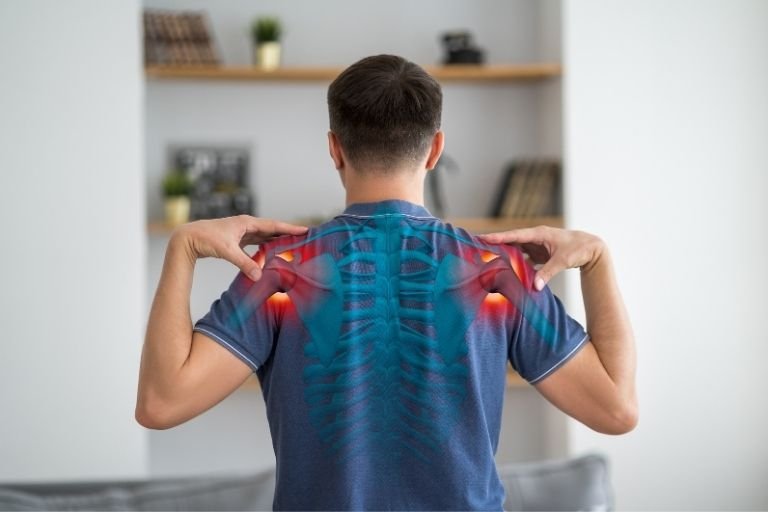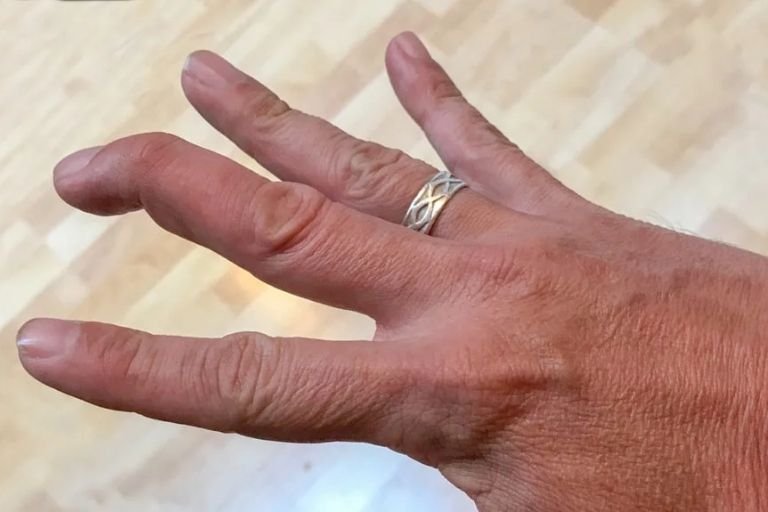- Fitwell Physiotherapy
Whiplash

Whiplash is a neck injury that occurs when the head is suddenly jerked backward and then forward, putting strain on the neck’s soft tissues. It commonly happens in car accidents, particularly rear-end collisions, but can also result from sports injuries, physical abuse, or other trauma. Here’s a detailed overview of whiplash, including its symptoms, causes, when to seek help from a physiotherapist, risks involved, prevention tips, and available treatments:
Please submit your details below.
Symptoms:
- Neck pain and stiffness: This is the primary symptom of whiplash, often accompanied by decreased range of motion.
- Headaches: These can range from mild to severe and may be localized to the base of the skull.
- Shoulder or upper back pain: Due to the impact on the neck, pain can radiate to nearby areas.
- Tingling or numbness: Some individuals may experience these sensations, indicating nerve involvement.
- Dizziness and fatigue: Whiplash can also cause symptoms like vertigo and general tiredness.
- Difficulty concentrating: Cognitive symptoms may arise due to the pain and discomfort.
Causes:
- Sudden forceful movement: The most common cause is a rear-end car collision, but any sudden impact that forces the head beyond its normal range of motion can result in whiplash.
- Sports injuries: Contact sports or activities that involve sudden changes in direction can also lead to whiplash.
- Physical abuse: In cases of assault or violence, whiplash can occur if the head is forcibly moved back and forth.
When to See a Physiotherapist:
It’s advisable to consult a physiotherapist if you experience any symptoms of whiplash after an accident or injury. They can provide a comprehensive assessment and tailor a treatment plan to your specific needs. Seek immediate medical attention if you experience severe neck pain, numbness, weakness, or difficulty breathing.
Risks:
- Chronic pain: Without proper treatment, whiplash can lead to long-term neck pain and stiffness.
- Reduced mobility: Persistent symptoms can limit your ability to perform daily activities.
- Psychological effects: Chronic pain and disability can contribute to anxiety, depression, and other mental health issues.
How to Prevent:
- Proper vehicle restraint use: Always wear seat belts and ensure that headrests are positioned correctly to minimize the risk of whiplash in car accidents.
- Maintain good posture: Practice proper posture while sitting, standing, and lifting heavy objects to reduce strain on the neck and spine.
- Exercise regularly: Strengthening and stretching exercises can help improve neck muscle strength and flexibility, reducing the risk of injury.
- Avoid sudden movements: Be cautious during physical activities and sports to prevent sudden jerking motions of the head and neck.
Treatments:
- Physiotherapy: This typically involves manual therapy techniques, exercises, and modalities like ultrasound or electrical stimulation to reduce pain and improve mobility.
- Medications: Over-the-counter pain relievers or muscle relaxants may be prescribed to alleviate symptoms.
- Heat or ice therapy: Applying heat or ice packs to the affected area can help reduce pain and inflammation.
- Neck braces: In some cases, a soft cervical collar may be recommended to support the neck and limit movement during the healing process.
- Activity modification: Avoiding activities that worsen symptoms and gradually reintroducing them as tolerated can aid recovery.
Whiplash can vary widely in severity, so it’s essential to seek appropriate medical care and follow recommended treatments to promote healing and prevent long-term complications.
Frequently Asked Questions
Related Conditions
How Fitwell Physiotherapy Can Help?
Dr. Richa’s Fitwell physiotherapy has an extensive team of physiotherapists all within their own specialist areas of physiotherapy. Whatever your condition, we guarantee that we will have the best physiotherapist for you. We assess, diagnose, plan, cure and care for you.
Fitwell Physiotherapy Clinic, Pune provides you best physiotherapy treatment in Kharadi, pune. We also serve Chandan Nagar, Vadgaon Sheri, Keshav Nagar, Wagholi & nearby Areas in Pune. We are experts in treating Neck Pain, Hand Pain, Back Pain, Lower Back Pain, Knee Pain, Stiff Neck, Sciatica, Arthritis, Stroke Paralysis & Post Surgical Rehab.
We provide Specialized physiotherapy treatments in Sports Injuries, Pre and post Surgery, Neurologic, Pediatric, Chronic Pain/Fatigue, Rheumatology, Women’s Health, Men’s Health, Ergonomics, Vestibular, Amputees & all sort of Pain treatment and lifestyle conditions.

































































































